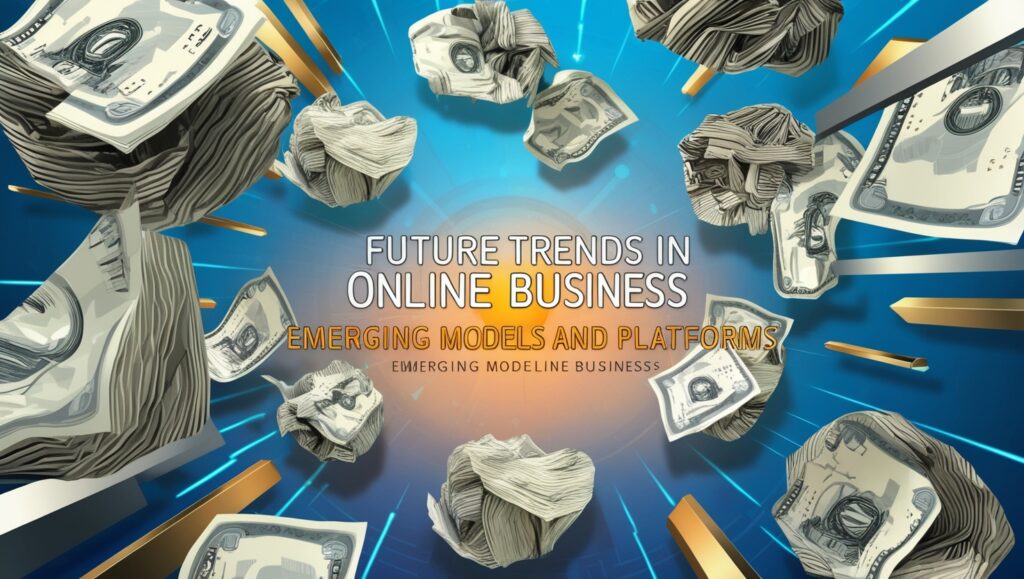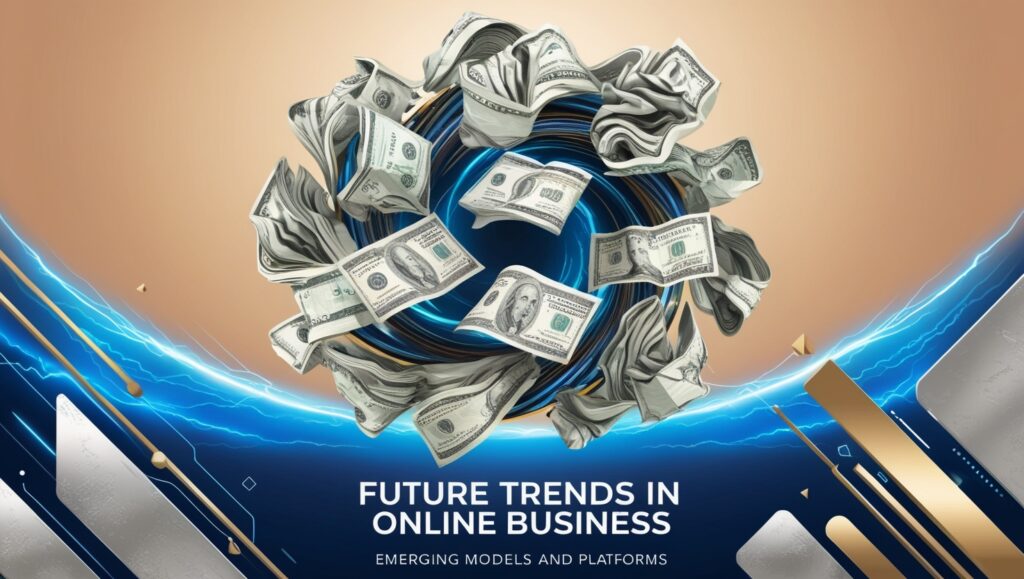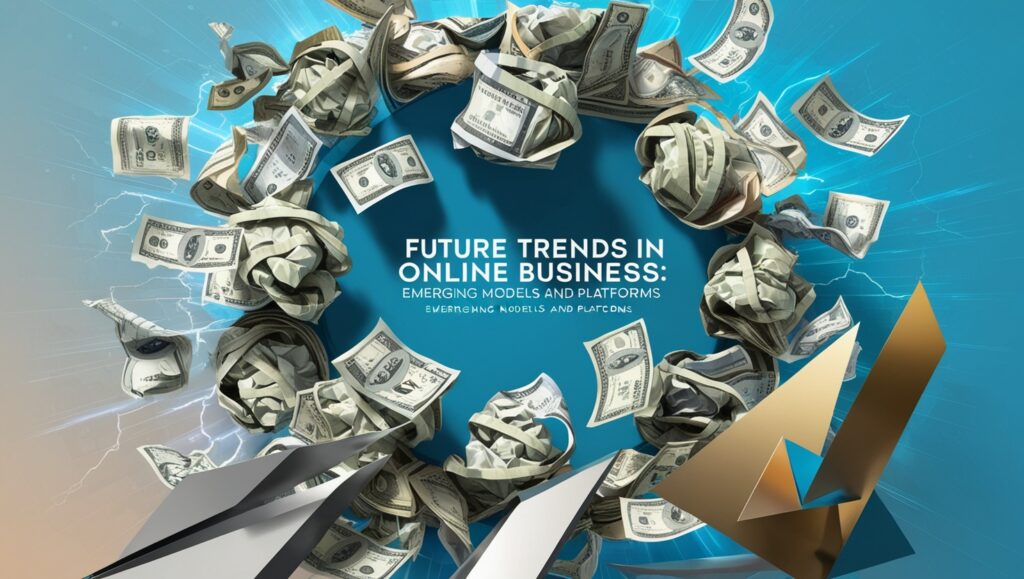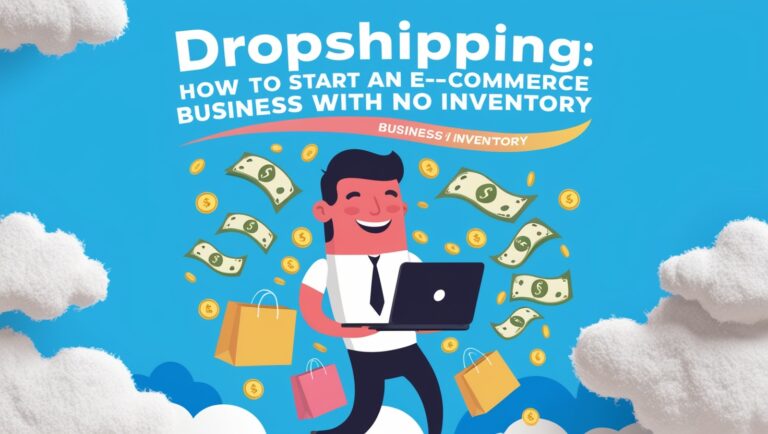Future Trends in Online Business: Emerging Models and Platforms

The online business landscape is evolving rapidly, driven by technological advancements and changing consumer behaviors. Entrepreneurs and businesses must stay ahead by recognizing and capitalizing on emerging trends. Here are key online business models and platforms poised to shape the future.
1. Subscription-Based Services
Subscription models continue to gain popularity across various sectors, from streaming services to curated product boxes. Businesses benefit from consistent revenue streams, while consumers appreciate convenience and personalized experiences. Emerging platforms like Patreon and Substack enable creators to monetize content through subscriptions.
2. E-Commerce 2.0: Social and Live Commerce
E-commerce is shifting towards interactive and social experiences. Live commerce, where products are sold during live video streams, is gaining traction, especially in markets like China. Social media platforms like Instagram, TikTok, and Facebook now offer integrated shopping features, blurring the lines between social networking and online shopping.
3. Digital Products and NFTs
The demand for digital products, such as e-books, online courses, and design templates, continues to grow. Non-fungible tokens (NFTs) have introduced new ways to sell unique digital assets, from art and music to virtual real estate. Platforms like OpenSea and Rarible are leading in the NFT space.
4. Remote Services and Freelancing Platforms
The gig economy and remote work are here to stay. Platforms like Fiverr, Upwork, and Toptal enable professionals to offer services globally. This trend opens up new business opportunities for remote consulting, coaching, and specialized digital services.

5. Micro-Learning and Skill-Based Platforms
Online learning is evolving towards micro-learning—short, focused courses that teach specific skills. Platforms like Skillshare, Coursera, and Udemy thrive on this trend, allowing entrepreneurs to create and sell courses directly to niche audiences.
6. Community-Driven Marketplaces
Consumers are increasingly drawn to platforms that emphasize community and user-generated content. Marketplaces like Etsy and Depop highlight this model by fostering communities around handmade and vintage goods.
7. Print-on-Demand and Dropshipping
Low-barrier-to-entry models such as print-on-demand and dropshipping allow entrepreneurs to start online stores without holding inventory. Platforms like Shopify, Printful, and Oberlo simplify the process, enabling easy market entry.
8. AI and Automation-Driven Businesses
AI tools are reshaping online businesses by automating customer service, content creation, and marketing. Chatbots, automated email marketing, and AI-generated design tools help businesses scale with minimal human input.
9. Metaverse and Virtual Experiences
The rise of the metaverse presents opportunities for virtual events, experiences, and digital goods. Businesses can establish virtual storefronts or host immersive brand experiences within platforms like Decentraland and Roblox.
10. Sustainability and Ethical Commerce
Consumers are increasingly prioritizing sustainability and ethical business practices. Online businesses that highlight eco-friendly products, transparent supply chains, and ethical sourcing are gaining favor. Platforms like EarthHero and Good On You cater to this demand.

By understanding and leveraging these emerging models and platforms, businesses can position themselves at the forefront of the online commerce revolution.






